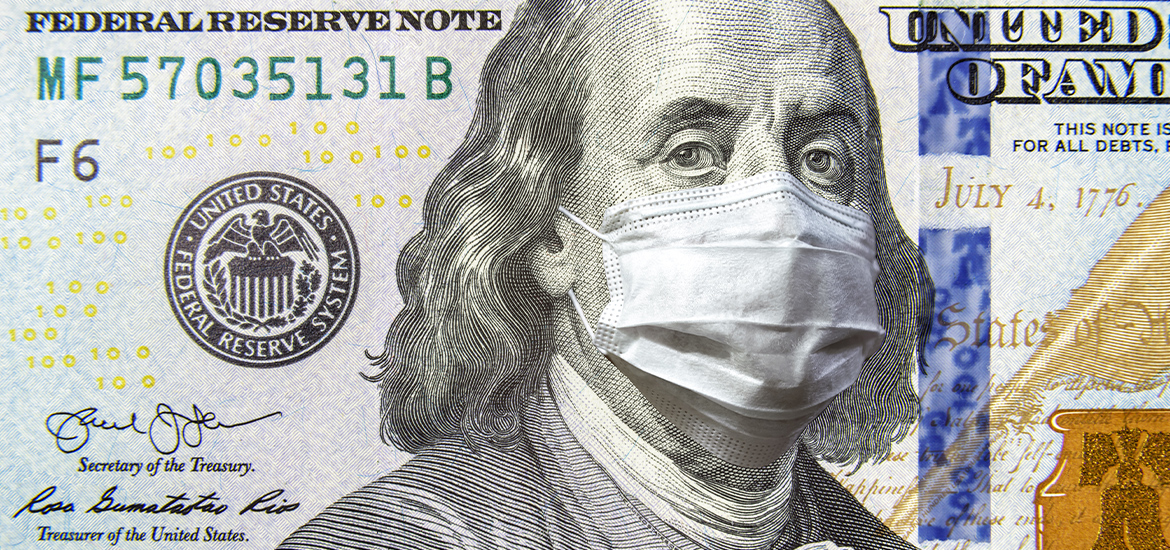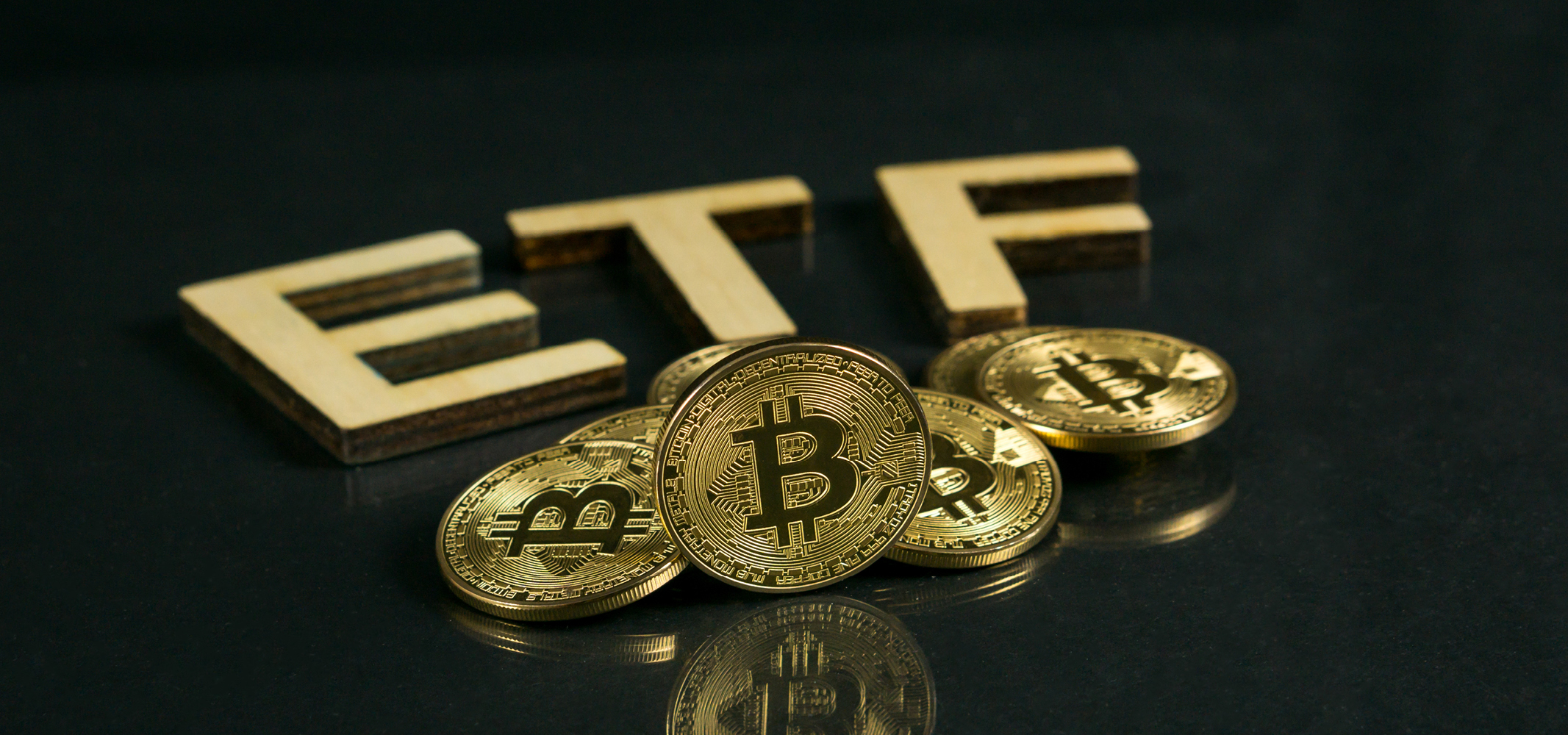In order to get the Corona crisis under control, the central banks in the USA and the EU are putting together rescue packages. While the measures largely fizzle out, Bitcoin rallies up again without any help. Was it too early to write off Bitcoin as a lifeboat?
If you have ever dealt with Bitcoin, then you know this for sure: The maximum number of Bitcoins is limited to 21 million units. There are currently close to 18.3 million of them in circulation. The protocol states that there will never be more monetary units and it is almost impossible to change the protocol in a decentralized network.
Bitcoin critics complain that this control of the money supply is too rigid and inflexible to respond to crises. The US Federal Reserve (Fed) was the first to react with several measures: On the one hand, it cut the key interest rate to just over zero percent, and on the other hand it announced that it would buy government bonds and other securities worth 700 billion dollars. Banks are to offer emergency loans at favorable conditions and the rate for the banks’ “partial reserve” has been lowered to 0 percent.
The European Central Bank ECB has also announced a “pandemic emergency purchase program” for bonds worth 750 billion euros. “Special times require special reactions,” tweets ECB President Christina Lagarde, “Our commitment to the euro has no limits. We have a duty to use our tools to their full potential”. According to the press release, the ECB would “support all citizens of the euro area in these extremely challenging times”. The central bank is prepared to increase the size of the programme “by as much as necessary and for as long as necessary”.
What these measures do to the monetary system is quite complicated. When the Fed and the ECB buy securities, it is very much like creating new money.
Bitcoin, the safe haven. A not unrealistic situation will probably be that the corona crisis will trigger inflation – an expansion of the money supply, accompanied by a reduction in the quantity of goods. If this situation occurs, Bitcoin will continue to be the optimal protective currency: scarce, but flexible to transfer and perfect to store. If there is only a small risk of sliding into an inflation crisis, Bitcoin’s attractiveness explodes. There are already many indications that private demand for Bitcoins has increased dramatically with the beginning of the crisis. Companies report that customers are buying more than ever.










Leave A Comment
You must be logged in to post a comment.